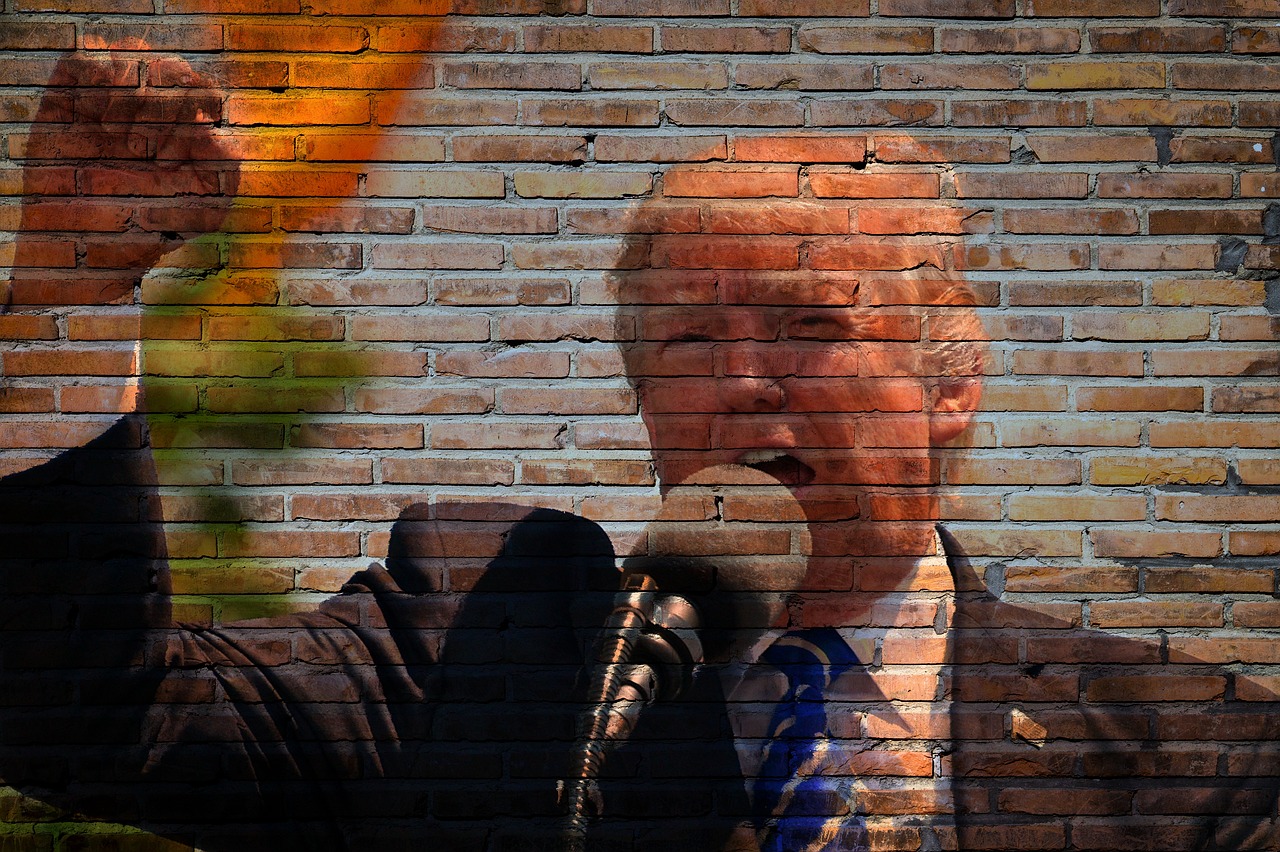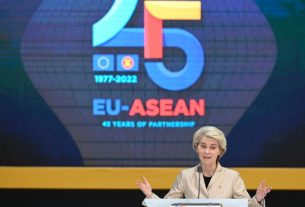Several Research and available data has shown and points to the fact that 80% of statements made by the former president pertaining to immigrants, their attitude and propensity towards crime or gang violent or overall criminal activities are not only baseless but full of holes and made up lies, yet so many followers and would be voters are lapping it up, it looks as if they are either under the influence, hypnotized or bewitched.
It is highly unreal and unbelieveable to see what is playing out in our very eyes in this time and age, most of his claims could be checked simply by using their mobile gadgets and yet thousands of people simply don’t seem to care that a campaign is based on these baseless accusations.
Donald Trump’s rallies, including the one at Madison Square Garden, have often been characterized by rhetoric that critics label as baseless or misleading. The prevalence of such speech raises important questions about the legal and ethical boundaries of political discourse in the United States. Here’s an exploration of why these types of campaigns are legally permitted and the implications for democracy and public discourse.
Legal Protections for Political Speech
- First Amendment Rights: The U.S. Constitution’s First Amendment protects freedom of speech, which includes political speech. This protection extends to a wide range of expression, including statements that may be false or misleading, as long as they do not fall into categories like defamation, incitement to violence, or other unlawful speech.
- Political Discourse Standards: The legal system generally does not impose strict standards on the accuracy of political statements. Politicians often enjoy a degree of latitude in their rhetoric, as the public is expected to critically evaluate claims made during campaigns.
The Role of Misinformation
- Voter Perception: Campaigns based on misleading information can shape voter perception and behavior. While this is ethically concerning, it is challenging to regulate without infringing on free speech rights. Misinformation can spread rapidly, especially in the age of social media, complicating efforts to counteract it.
- Political Strategy: For some candidates, employing hyperbolic or sensational rhetoric can be a strategic choice to energize their base, garner media attention, and distinguish themselves from opponents. This tactic can create a narrative that resonates emotionally with supporters, regardless of its factual basis.
Accountability Mechanisms
- Media Scrutiny: Journalists and fact-checkers play a crucial role in holding politicians accountable for their statements. Investigative reporting can expose inaccuracies and provide voters with clearer information. However, the effectiveness of these mechanisms can vary depending on the media landscape and audience engagement.
- Public Response: Ultimately, voters have the power to respond to misleading rhetoric at the ballot box. Political campaigns are subject to public scrutiny, and backlash against false claims can influence future behavior and messaging.
Ethical Considerations
- Trust in Democracy: The use of lies and fabrications in political campaigns undermines public trust in democratic institutions and processes. When misinformation becomes prevalent, it can lead to cynicism and disengagement among voters.
- Responsibility of Leadership: Ethical leadership requires a commitment to truth and integrity. Politicians have a responsibility to present accurate information, and when they fail to do so, it can erode public confidence in government and democratic processes.
Conclusion
While Donald Trump’s rallies may feature rhetoric that many consider baseless or misleading, the legal framework in the U.S. permits such speech under the banner of free expression. The challenge lies in balancing these legal protections with the need for accountability and ethical standards in political discourse. Engaging voters in critical thinking, promoting media literacy, and fostering a culture of truthfulness are essential steps in addressing the implications of misinformation in politics. Ultimately, the health of democracy depends on informed citizens who can discern fact from fabrication.



